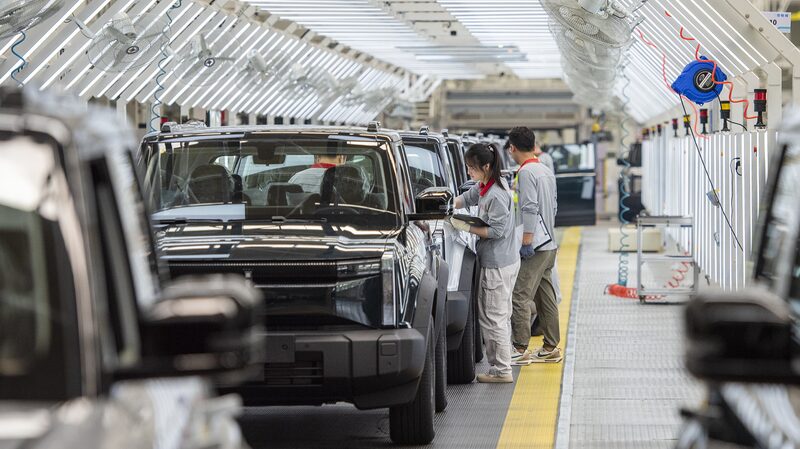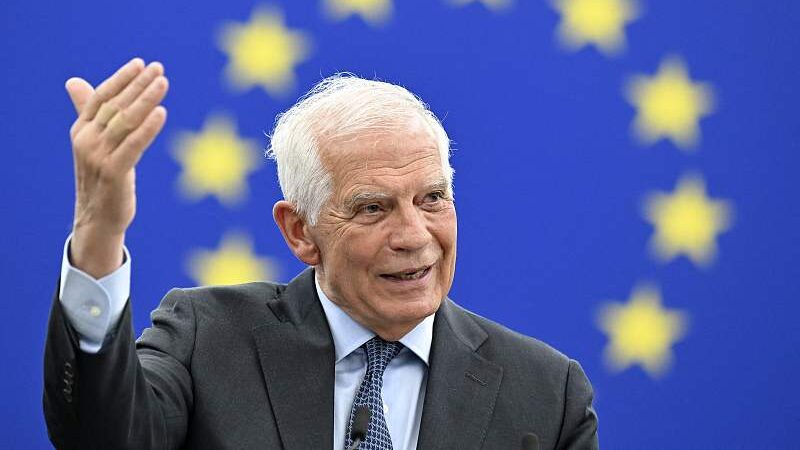In a surprising turn of events, the United States is ramping up its trade protectionism by proposing to increase tariffs on Chinese electric vehicles (EVs) from the current 25% to a whopping 100%. 📈⚡
Economic globalization has long been the engine driving high-speed growth and low inflation worldwide. For decades, nations have embraced trade openness, fostering a free flow of goods and achieving significant milestones. However, the U.S., once a staunch advocate for free trade, is now spearheading a shift towards protectionist policies.
Since 2018, the U.S. has progressively ventured down the path of trade protectionism, resulting in continuous frictions with several countries. May 2024 marks a significant escalation as the U.S. aims to intensify its competition with China in the EV sector and beyond. The proposed hike in tariffs is not just a number—it symbolizes a broader strategy to safeguard domestic industries from foreign competition.
However, these protectionist measures come with their own set of challenges. Experts warn that such high tariffs could stifle the development of free trade, ignite nationalist sentiments, and undermine the foundations of the international trading system. Moreover, these actions might backfire, potentially harming the U.S. economy in the long run by disrupting global supply chains and increasing costs for consumers.
As the world watches closely, the move raises questions about the future of international trade relations and the balance between protecting domestic interests and maintaining global economic harmony. 🌍🔄
Reference(s):
cgtn.com


